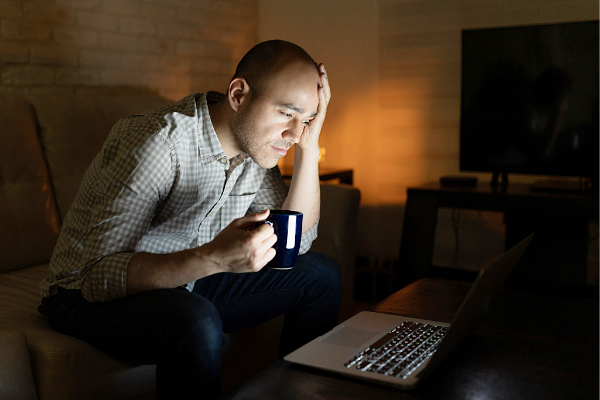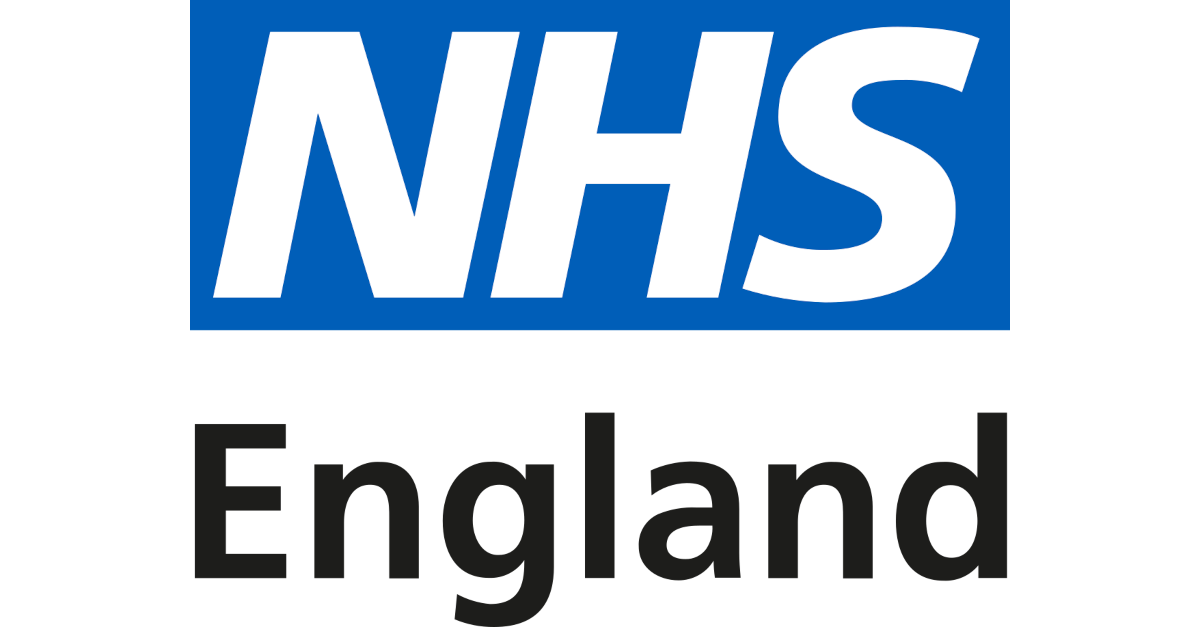The Real Value of Regular Vision Checks for Screen-Heavy Workers
The Quiet Creep of Eye Fatigue
Digital eye strain doesn’t always come with flashing warning signs. Most of the time, it starts small: maybe you rub your eyes more than usual after lunch, or the text on your screen feels a bit fuzzy by late afternoon. Maybe it’s a low-grade headache you chalk up to stress or too much caffeine. But over time, these little annoyances can grow into something bigger—dryness that eye drops can’t fix, persistent blurred vision, or even sharp discomfort. Regular eye exams help catch the early signs of these issues, and more importantly, prevent them from becoming something that derails your work—or your comfort.
Your Prescription Might Be Lying to You
Many people walk around with outdated prescriptions, especially if their last eye exam was a couple of years ago and things still seem “fine.” But when you spend most of your day in front of a screen, even a slight shift in your vision can cause problems. You may not notice the difference immediately, but your brain and your eyes do. Overcompensating for a not-quite-right prescription can lead to fatigue, neck tension, and unnecessary strain. A regular vision check makes sure your lenses are doing what they’re supposed to do—helping, not hurting.
Let’s clear something up: blue light isn’t evil. It’s just part of the visible light spectrum, and you get more of it from the sun than your laptop. That said, heavy screen exposure does mess with your circadian rhythm and might contribute to digital eye strain. During a comprehensive eye exam, your optometrist can suggest filters, coatings, or lens options that minimize this type of stress. Not because blue light will destroy your eyes—but because small adjustments can go a long way toward making your workday feel more manageable.
Designing a Vision-Friendly Home Office
Setting up a home office that supports your eyes starts with thinking beyond just the desk and chair. Proper lighting can make or break your workspace when it comes to avoiding eye strain, especially during long stretches in front of a screen. Consider adding task lighting that focuses on your work surface or general ambient lighting to create a more evenly lit environment—harsh contrasts or dim corners can put unnecessary pressure on your vision. Small changes like reducing screen glare, positioning your monitor at eye level, and using window shades to manage natural light can all make a noticeable difference in how your eyes feel at the end of the day.
You Might Not Notice the Changes Until It’s Too Late
Your Eyes and Your Posture Are in a Toxic Relationship
This might sound strange at first, but your posture and your eyes are basically co-conspirators in your daily discomfort. When your vision is just a little bit off—maybe your screen is too far, too close, or your glasses don’t match the working distance—you adjust your body without realizing it. You might lean forward, raise your shoulders, or crane your neck. Over time, those small adjustments turn into chronic tension or back pain. An eye exam tailored to your screen habits can lead to a prescription that supports not just your vision, but your entire physical alignment.
Not Waiting for the Symptoms to Take Over
It’s easy to delay medical stuff when nothing feels urgent. But with digital eye strain, the early signs are subtle—and sometimes, totally invisible. Waiting until your eyes are burning or you’re squinting through meetings just makes the problem harder to treat. Even if your eyes feel “okay,” regular checkups create a baseline for your optometrist to track changes. Think of it like routine maintenance, the way you’d check your car’s oil or get your teeth cleaned. Your eyes deserve that same kind of attention.
Mental Clarity Starts With Visual Clarity
You might not immediately link your mood or focus to your vision, but they’re more connected than you think. When your eyes are under stress, your brain works harder to compensate. That extra mental load can drain your energy, reduce your focus, and subtly shift your mood throughout the day. A clear, comfortable visual experience helps your brain stay in a better place—less taxed, more efficient. Regular eye care isn’t just about vision—it’s about how you think, feel, and function day to day.
You plan your meetings, manage your calendar, and probably track your steps or your screen time—but when’s the last time you tracked how your eyes are actually doing? It’s easy to take your vision for granted until something forces you to pay attention. But with the pace and demands of screen-heavy work, you can’t afford to treat your eyesight like an afterthought. Make it part of your regular self-care, the same way you’d approach sleep or hydration. Your eyes work hard for you. A regular check-in with an optometrist is one way to return the favor.
Discover exceptional eye care with Eye, where our award-winning doctors and state-of-the-art facilities ensure your vision is in the best hands. Visit us today to experience personalized service and explore our unique line of locally designed eyewear.
By Guest Blogger Scott Sanders
Creator of cancerwell.org
[email protected]




